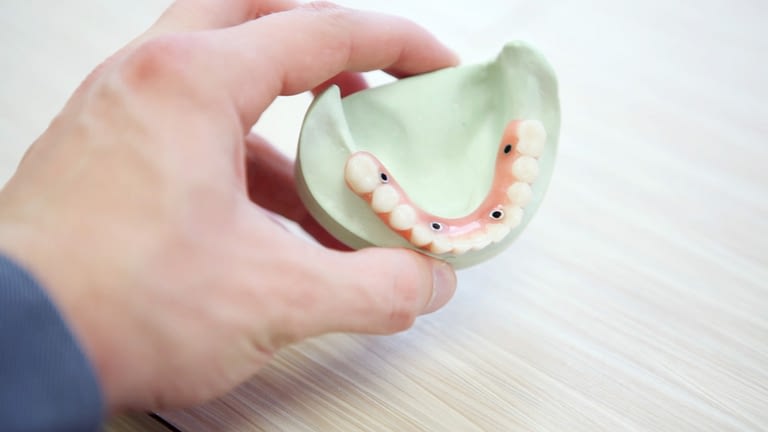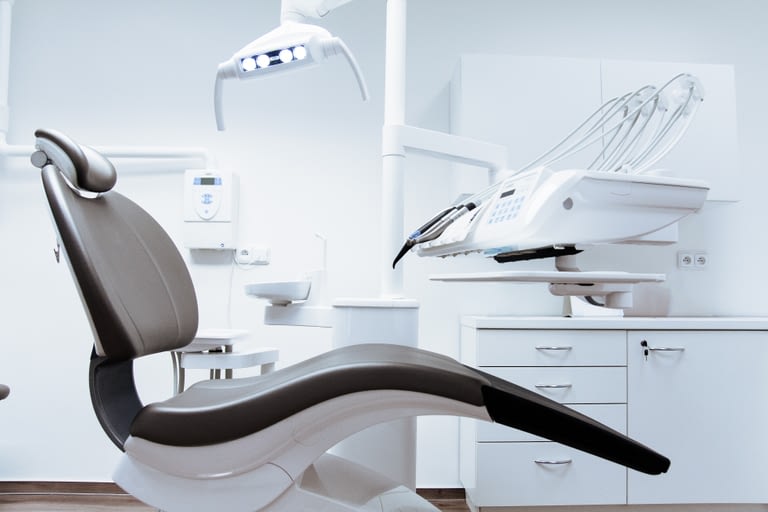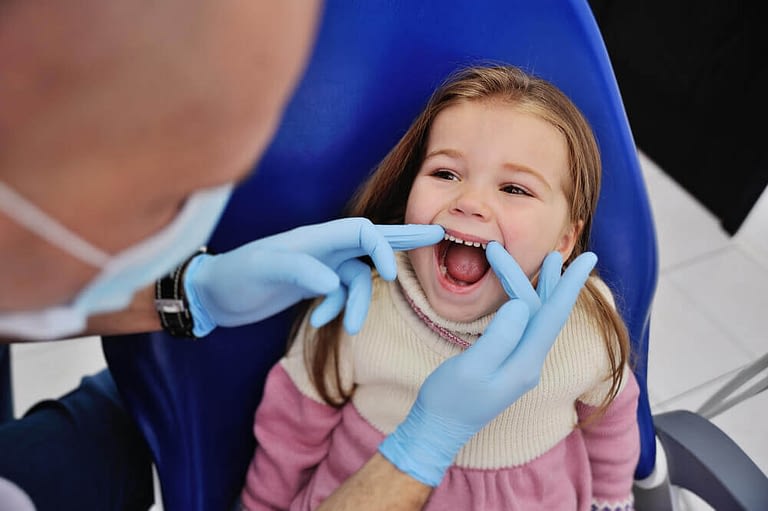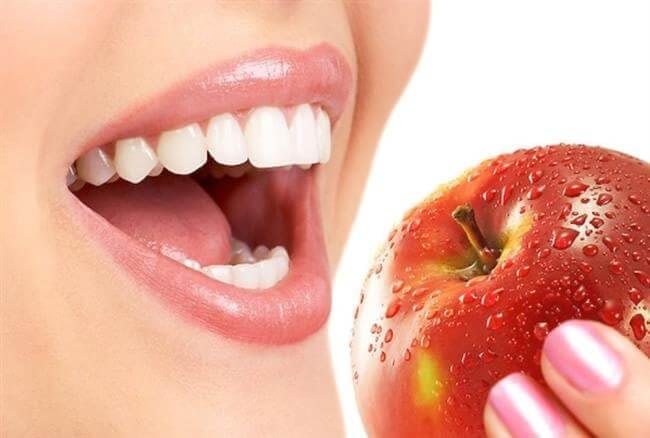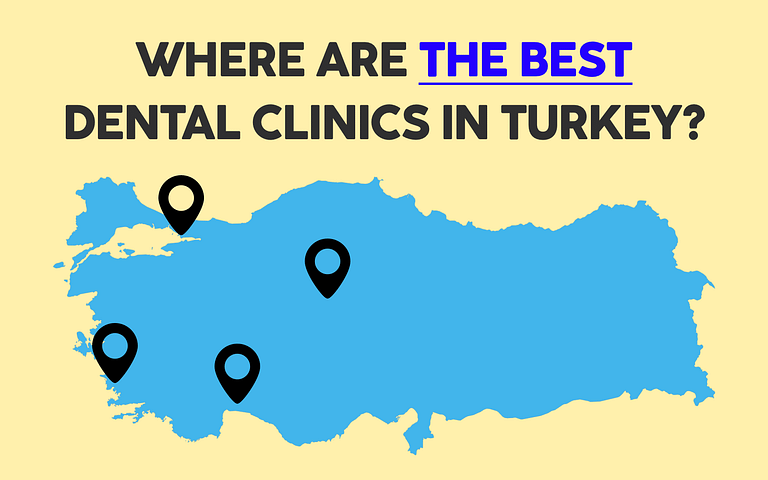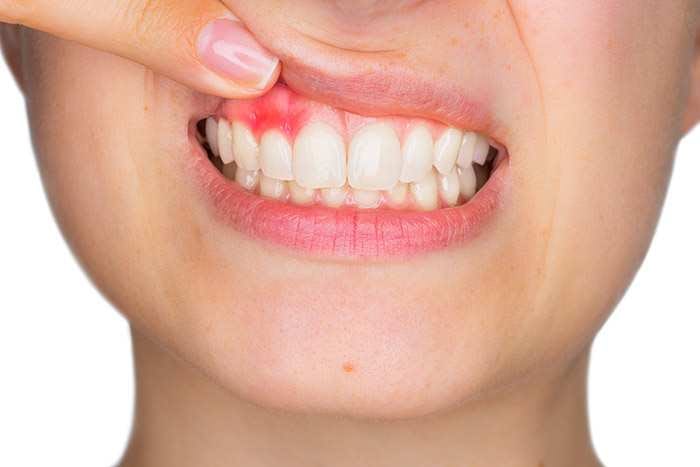What is Bruxism?

Do you ever wake up with hurting teeth and jaws after a night’s sleep? It’s likely that you’re grinding your teeth while sleeping and aren’t even aware of it. Bruxism is the term for teeth grinding. At any age, this rhythmic clenching of the jaws and grinding of the teeth can occur. Teeth grinding is most commonly done subconsciously while sleeping. However, it can also happen while awake. During the day, a person who is focused on a task may often clench his teeth and exert force through a jaw muscle contraction. This is frequently linked to daily activities like carrying heavy things, driving, reading, and writing. It manifests as tightening and repetitive contractions during sleeping. Let’s take a look at what bruxism is and how it may be managed.
What are Bruxism’s Symptoms?
Most individuals aren’t aware that they grind their teeth since it happens while they sleep. A dull, continuous headache or a painful jaw when you wake up, on the other hand, is a telltale sign of bruxism. Headaches are three times more prevalent in those who grind their teeth. Muscle pains, facial muscle hypertrophy, temporomandibular joint discomfort are some of the symptoms of bruxism. Stiffness of the shoulders and neck, ear pain, and sleep disturbances are among the other symptoms. Most of the time, other people hear the grinding in the middle of the night. Therefore, informs the person that they grind their teeth. Consult your dentist if you believe you are grinding your teeth. You can get your teeth checked at Smile Team Turkey. Your dentist can look for indicators of bruxism in your mouth and jaw, such as jaw pain and excessive tooth wear.
What Causes Bruxism?
Teeth grinding has been linked to stress, anxiety, smoking, high alcohol use, caffeine, depression, and sleep difficulties. However, there is little evidence to back up any of the claims. Teeth grinding is more common at night. Bruxism not only can be caused by sleep disorders but also mechanical abnormalities with the teeth, such as missing or broken, or misaligned teeth. Despite the fact that it is commonly connected to stress.
Teeth grinding can be a side effect of neurological illnesses including Huntington’s disease and Parkinson’s disease. Moreover, it isn’t always caused by stress or poor dental alignment. Bruxism can also be triggered by some mental medicines, such as antidepressants. According to studies, bruxism is more common in those who snore or have obstructive sleep apnea. It is common in people who smoke, drink alcohol, or use caffeine as well. 70 percent of adults clench and grind their teeth as a result of stress and worry, according to research. A probable relationship between teeth grinding and a stressful work environment has been discovered in several studies.
How Harmful Bruxism Can Be?
Chronic tooth grinding can cause fracture, loosening, or loss of teeth in certain people. Teeth can be damaged as a result of constant grinding. Bridges, crowns, root canals, implants, partial dentures, and even complete dentures may be required and as Smile Team Turkey, we can help you with these. Grinding your teeth not only can damage your teeth but also lead to tooth loss. However, it can also impact your jaws, create or aggravate TMD/TMJ, and distort the look of your face.
Treatments for Bruxism
You may chat to your dentist about controlling or treating your bruxism once you’re aware of it. If bruxism appears unexpectedly in adulthood, lifestyle variables may be influencing your stress level, leading in this new tendency. In certain cases, making changes in your life to lower your anxiety level may be enough to address the problem. Yoga, meditation, listening to music, and massage treatment are all good ways to relax.
However, for many people, bruxism is a long-term issue that must be addressed. An NTI-tss, or Nociceptive Trigeminal Inhibition tension suppression system, may be recommended by your dentist. An NTI-tss is an occlusal splint that manages the trigeminal nerve stimulation. It has three sensory zones within the face, to avoid migraines and minimize sleep bruxism.
The splint prevents the jaw muscles from moving and limits the amount of clenching that may be done, reducing nerve stimulation. It rests in the gap between your front teeth, preventing them from touching. Wearing an NTI-tss gadget also helps the relaxation of your face and jaw muscles, helping you to obtain a better night’s sleep.
What Can You Do If You Have Bruxism?
If you have bruxism, it’s critical that you keep up with your oral hygiene cleanings and dental examinations regularly. To remain on top of any cracks, chips, or failing enamel caused by teeth grinding or clenching, you should see your dentist every six months at the very least. Failure to immediately detect and fix these problem areas can lead to the formation of dental caries. This results in future oral hygiene concerns.
You can read our previous article from https://dentalguideturkey.com/8-interesting-facts-about-dental-health/

